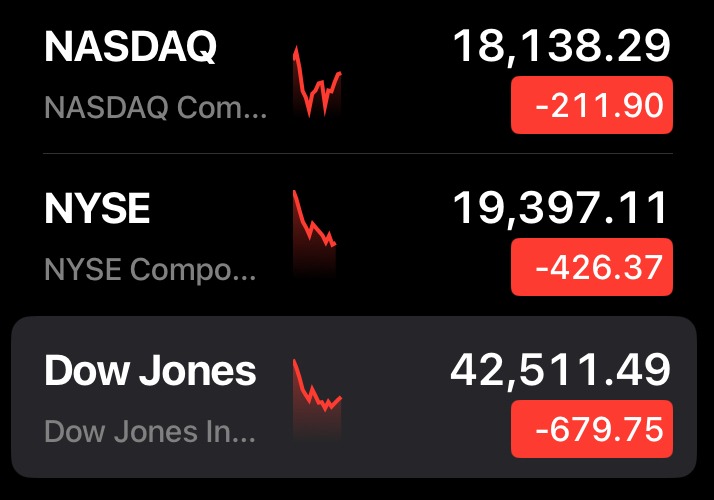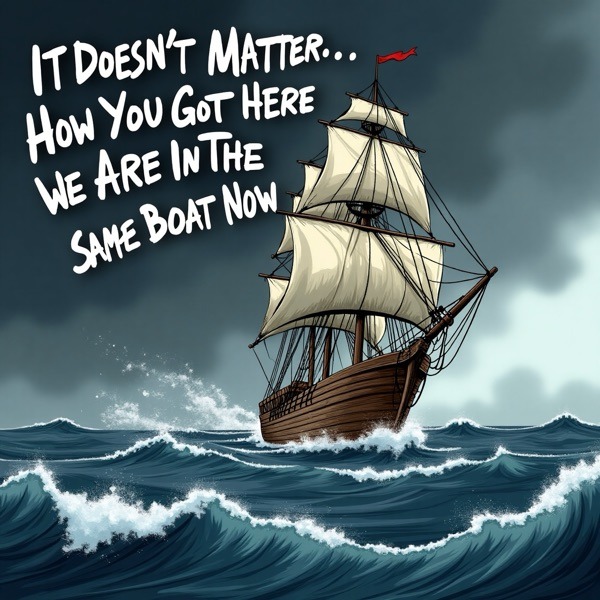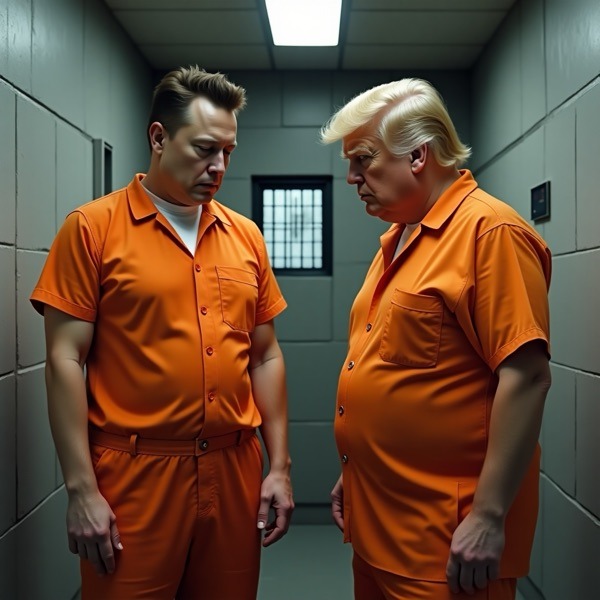There were prominent individuals, both within Germany and internationally, who supported Adolf Hitler or were sympathetic to his rise to power, often due to ideological alignment, political motives, or economic interests. Some notable examples include:
In Germany:
1. Industrialists and Business Leaders: Many wealthy German industrialists, such as Fritz Thyssen (a major steel magnate), supported Hitler financially, seeing him as a bulwark against communism and a way to restore economic stability.
2. Paul von Hindenburg: The German president who reluctantly appointed Hitler as Chancellor in 1933, believing that Hitler could be controlled by traditional conservative elites.
3. Alfred Hugenberg: A media mogul and nationalist politician who helped Hitler gain legitimacy by forming a coalition with the Nazi Party in its early years.
Internationally:
1. Henry Ford: The American industrialist and founder of Ford Motor Company expressed anti-Semitic views and admired Hitler. He was even mentioned favorably in Hitler’s Mein Kampf and received the Grand Cross of the German Eagle in 1938.
2. Charles Lindbergh: The famous aviator made statements sympathetic to Nazi Germany before the U.S. entered World War II, though he later served his country during the war.
3. Unity Mitford: A British socialite and member of the Mitford family, she was a devoted admirer of Hitler and maintained a personal relationship with him.
Why They Supported Him:
• Anti-Communism: Many saw Hitler as a defender against the spread of communism, especially during a time when the Soviet Union was perceived as a threat.
• Economic Interests: Hitler promised to restore economic stability and protect private businesses.
• Nationalism: His rhetoric about restoring Germany’s national pride resonated with certain groups.
• Anti-Semitism: Some individuals shared or were indifferent to Nazi anti-Semitic ideology.
However, many supporters later distanced themselves from him or expressed regret once the full extent of his actions became evident during and after World War II.




